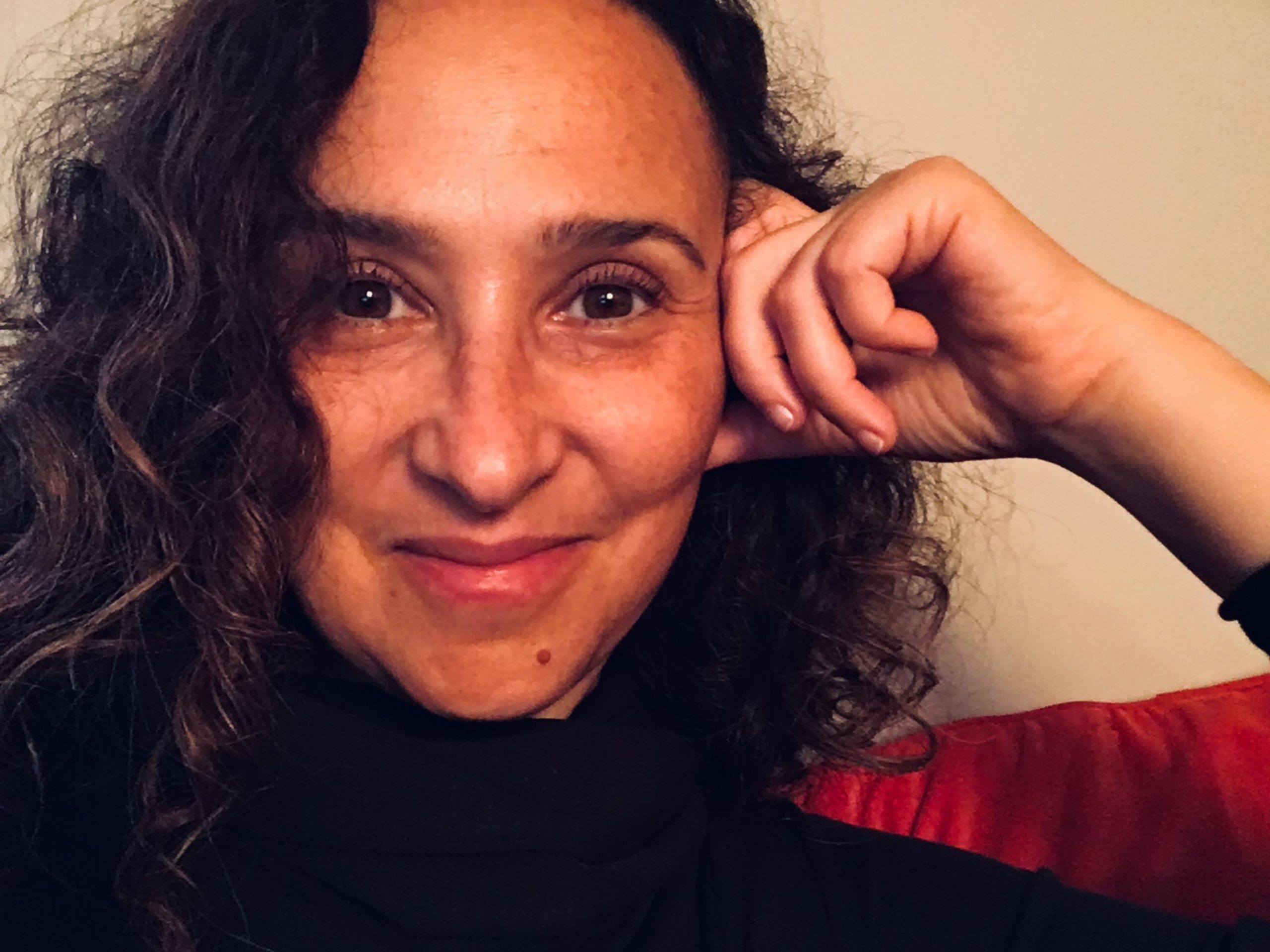
November 15, 2020 5:00PM - 7:00PM
Can inanimate objects store and communicate traumatic memory that cannot be directly expressed? This talk examines “folk art” made by non-professional Polish artists – most of them uneducated peasants – documenting the German Nazi occupation of Poland and the Holocaust. Made largely in the 1960s and 70s, these objects are uncanny: at times deeply moving, at others grotesque, they can also be disturbing for the ways they impose Catholic idioms on Jewish suffering, or upend accepted roles of victim, perpetrator, and bystander. Cultural anthropologist and curator Erica Lehrer describes her collaboration with Polish researchers to explore the motivations, uses, and ethical implications of these works, asking whether we might view them as legitimate “arts of witness,” and discussing the significance of curating difficult knowledge in Polish museums today.
Dr. Erica Lehrer is a sociocultural anthropologist and curator. She holds a PhD from the University of Michigan, Ann Arbor, and is currently Professor in the Departments of History and Sociology-Anthropology at Concordia University in Montreal, Canada. She is also Founding Director of the Curating and Public Scholarship Lab (CaPSL) and held the Canada Research Chair in Museum and Heritage Studies from 2007 to 2017.
Dr. Lehrer is a prominent scholar in the fields of heritage tourism, museum curating, and folk art in post-conflict societies. While her empirical field and curatorial work focuses on contemporary Poland, she is in scholarly conversation with researchers, teachers, and museum professionals who approach difficult, often violent histories, and who face the challenge of teaching, remembering, and exhibiting these events.